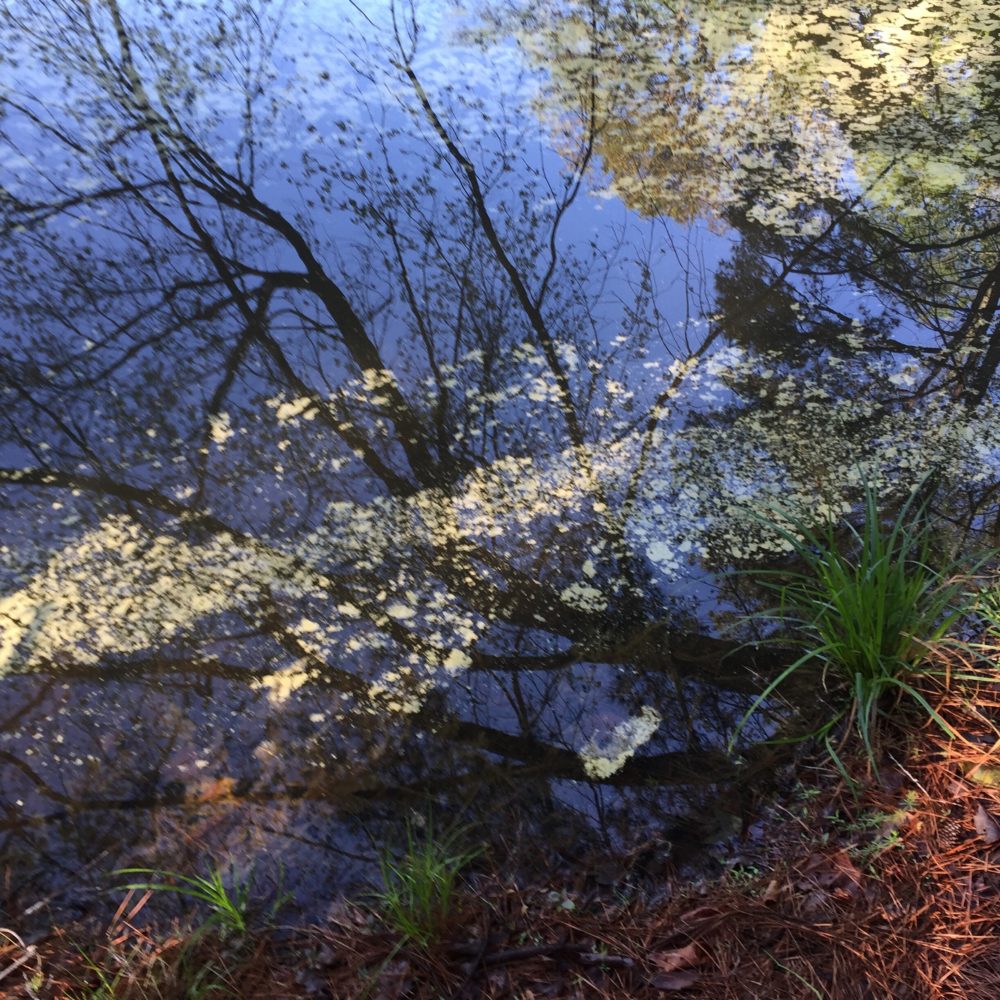
“Trophic cascade…is the biological term for the cascade of change that happens when you introduce or remove a top predator from the food chain.” – Camille Dungy*
In the title poem from her 2017 book, Trophic Cascade, Camille Dungy catalogues the changes wrought by the reintroduction of wolves to Yellowstone. Dungy is a unique voice in the poetry of nature, in that she includes her experience as an Black mother as a central part of her writing. I think of Dungy as we celebrate the 51st Earth Day on April 22. As we at RCWMS work to illuminate overlooked voices and perspectives, her writing connects us in a different way to what is most human in all of us, and what might be our own place in the food chain.
Carolyn Finney also foregrounds her experience as a Black woman in her writing, teaching, and performance. She is currently creating a performance, the N Word, Nature Revisited, in which she imagines walking alongside John Muir, whose observations on his time walking from Kentucky to the Gulf Coast as the South was recovering from the Civil War reflect his racism. Finney plans to “ask” Muir about the lynchings of the time, as a way to locate the real horrors faced by recently freed enslaved people.
In this time of current and impending climate change, who do we need to be listening to and supporting? The creation of the first Earth Day 51 years ago grew in part out of the appalling images of American rivers on fire. Who was downstream from those rivers? Whose influence and worth may have been overlooked? More important, whose voices should we currently be elevating?
I’m always inspired by the Grist 50, which this year includes NC’s Melanie Allen, who recognized in her work at Mary Reynold’s Babcock Foundation that precious little money flows to women of color, despite the central truth that these women lead many essential climate change and environmental justice projects. In response, funders and others launched the Hive Fund.
Environmental artist Bryant Holsenbeck spent a year living without single-use plastic, a journey documented in her book, The Last Straw. Holsenbeck also teaches others how to be “makers”, and asserts that artists who make things allow us to believe in ourselves as people who can make change and transform society.
Let’s elevate these voices.
As we recognize and celebrate our beautiful and fragile earth and its champions on this Earth Day, 2021, let’s pause to watch the Lyrids Meteor Shower, set to peak in the pre-dawn hours of April 22. A cascade of light to lead us through the darkness.
*During her time as Wesleyan University’s Writing Fellow, Dungy discussed her work, including the inspiration for Trophic Cascade. Read the account of the evening here.
Interesting focus on the writers who help us value our environment—thanks for your insights.